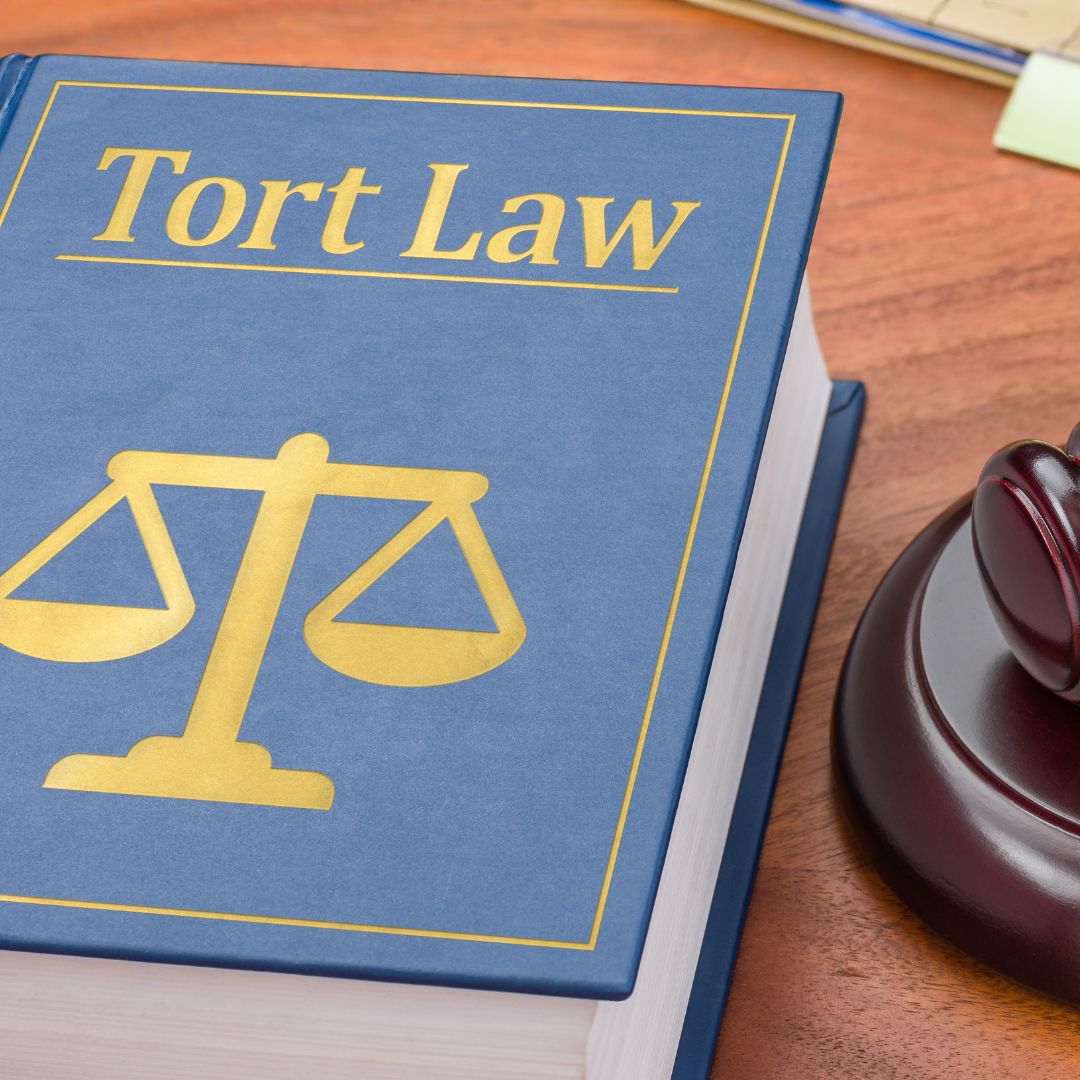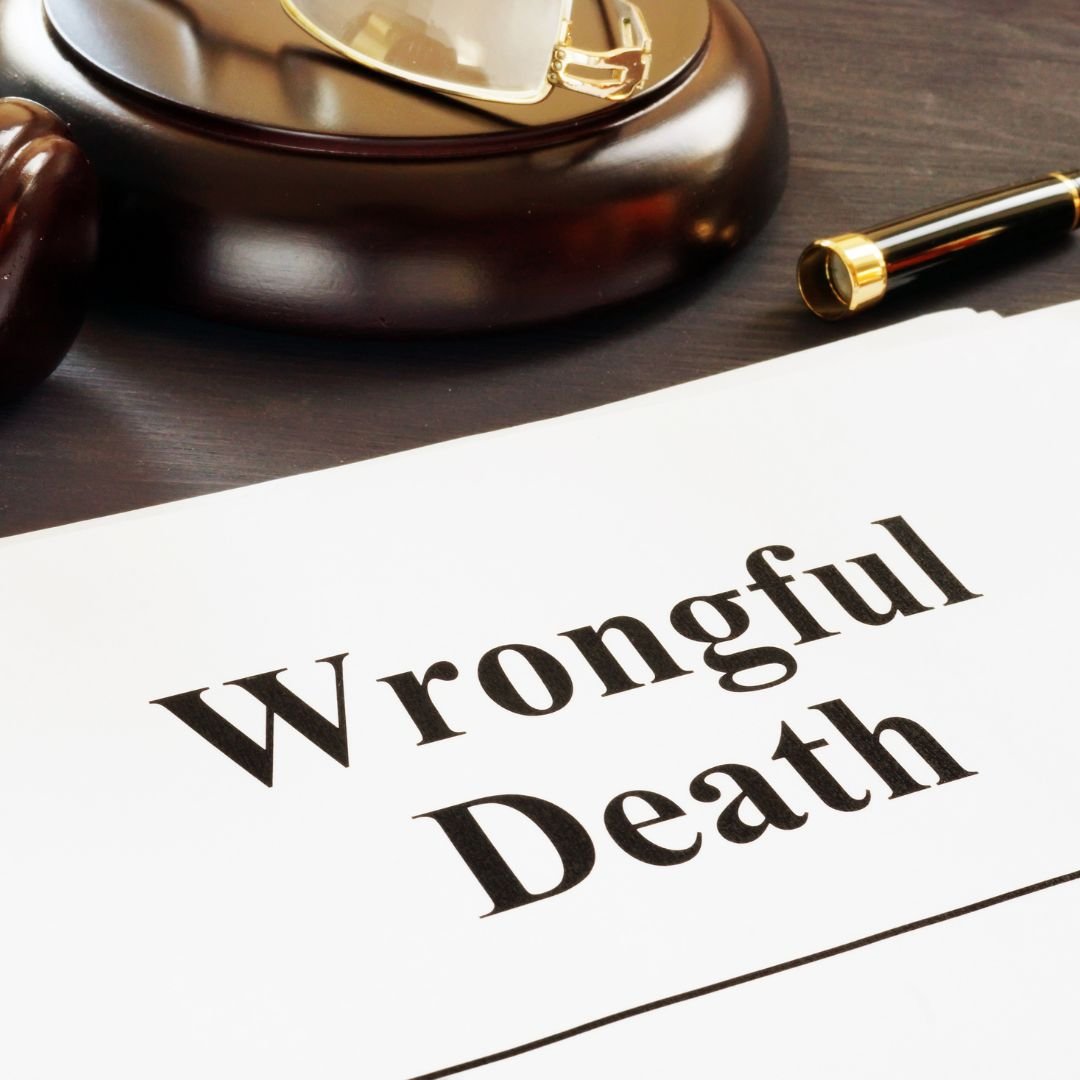Philadelphia Mass Torts Lawyers
Expert Legal Help
As mass tort lawyers, we understand the profound impact large-scale accidents and defective products can have on individuals and communities.
Get a Free Consultation Now
Hear From Our Clients
Bridget is the consummate attorney. She walked me through the process and stayed in touch with me while my claim processed. I knew I could call her anytime with any questions and she is up front and honest. I’m so grateful to have had her on my case.
I am so thankful for Muller Brazil. My medical bills were taken care of which was the most important thing for me going forward. I feel like i got vip service ... Thanks again y'all.
Leigh went above and beyond always for me on my case. She sent me updates often and made me feel important. Which is the case got overwhelming at times, Leigh always made me feel at ease and worked tirelessly for me. She is exceptional at what she does and concerns for her clients. Continued Blessings Leigh!
What is a Mass Tort?
$375k Won for a Motorcycle Accident
Mass tort litigation provides a powerful avenue for seeking justice and compensation for those harmed by such widespread incidents. A mass tort involves individual lawsuits filed by multiple plaintiffs who have suffered similar harm or injuries due to the actions of a common defendant, such as a corporation or manufacturer. Unlike class actions, where a single lawsuit represents a large group of individuals collectively, mass torts allow each plaintiff to file their own lawsuit. This individualized approach means that each plaintiff's unique circumstances and damages are taken into account, providing a more tailored path to justice and compensation.
Our dedicated team of mass tort lawyers at Muller Brazil is committed to providing personalized and expert legal representation to ensure you receive the justice and compensation you deserve
Benefits of Pursuing a Mass Tort:
- Individualized Attention: Each plaintiff's case is handled separately, allowing for a more detailed and personalized approach.
- Customized Compensation: Damages are calculated based on each individual's specific injuries and losses, rather than a uniform distribution among all plaintiffs.
- Greater Control: Plaintiffs maintain control over their cases, including the ability to negotiate settlements or go to trial independently.

Differences Between Mass Torts and Class Actions
$190k Won for a Slip & Fall
Mass torts and class actions share some similarities in that both involve multiple plaintiffs who have suffered similar harm or damages due to a common defendant or event. These legal actions provide a way for individuals to seek justice and compensation collectively, rather than pursuing individual lawsuits. They also promote efficiency by consolidating multiple claims into a single legal action, reducing the burden on the court system.
Similarities:
Collective Legal Action: Both involve multiple plaintiffs seeking compensation from a common defendant.
Efficiency: They consolidate multiple claims into a single legal action, streamlining the legal process.
Differences:
Individual vs. Collective Lawsuits: In a mass tort, each plaintiff files their own lawsuit and retains control over their case. This means they can negotiate settlements or go to trial independently. In contrast, a class action involves a single lawsuit filed by a representative plaintiff on behalf of a larger group. Class members are automatically included unless they opt out.
Control Over the Case: Mass tort plaintiffs do not need to take any action to be included in the lawsuit and have greater involvement and control over their individual cases. In class actions, the representative plaintiff and their legal team handle the legal proceedings, with less direct involvement from individual class members.
Individualized Damages: Mass torts allow for individualized damages based on each plaintiff's specific injuries and losses. This is important when the harm suffered varies significantly among plaintiffs. In class actions, damages are typically uniform and distributed equally among all class members, regardless of individual circumstances.
Level of Involvement: Plaintiffs in mass tort cases have a higher level of involvement and can influence the outcome of their cases directly. They participate actively in the legal process, whereas class action members rely on the representative plaintiff and legal team to advocate on their behalf.

Common Types of Mass Torts
$150k Won for a Defective Knee Implant
Mass torts include a variety of cases where numerous plaintiffs are harmed by the same defendant or event. Here are some of the most common types:
Pharmaceutical and Medical Device Injuries
Many mass tort cases involve plaintiffs who have been injured by defective drugs or medical devices. These cases often include harmful side effects, incorrect dosage instructions, or malfunctioning medical devices that lead to serious health complications. Examples include cases against manufacturers of defective hip implants or dangerous medications.
Environmental and Toxic Torts
Exposure to harmful substances, such as chemicals or pollutants, can lead to widespread health issues. Environmental mass tort cases often involve communities affected by contaminated water, air, or soil. For instance, residents living near industrial sites may suffer from illnesses caused by toxic waste dumping. If you believe you or a loved one has suffered due to the Camp Lejeune water contamination, the experienced Philadelphia mass tort lawyers at Muller Brazil can help you seek justice and compensation.
Consumer Product Defects
Defective consumer products, ranging from household appliances to automobiles, can cause significant injuries. Mass tort cases in this category typically involve products that fail to meet safety standards, resulting in harm to a large number of consumers. Examples include cases against manufacturers of faulty airbags or hazardous children's toys.
Other Mass Tort Scenarios
Mass torts can also arise from various other situations, such as data breaches, workplace hazards, or widespread food poisoning. These cases involve numerous plaintiffs seeking compensation for the harm caused by negligent or reckless actions of a defendant.

Areas We Serve
How Do I Know If I Have a Mass Tort Claim?
$3.1M Won for a Vaccine Injury
Determining whether you have a potential mass tort claim requires carefully assessing your situation and legal expertise. If you believe you have been harmed or suffered damages along with many others due to a common event or defendant, consulting with experienced personal injury lawyers, like Muller Brazil, specializing in mass tort cases, is advisable. We will evaluate the specifics of your case, analyze the merits, and guide you through the legal process. Don't hesitate to seek our professional advice to understand your rights and explore the possibility of pursuing a Mass Tort claim. Your journey toward justice starts with taking action and consulting a knowledgeable attorney.
Benefits of Choosing Muller Brazil for Your Mass Tort Case
Choosing Muller Brazil means selecting a team of experienced and dedicated Philadelphia mass tort lawyers committed to achieving the best possible outcomes for our clients.
Personalized Representation: We provide individualized attention to each client, guaranteeing your specific needs are addressed with a tailored legal strategy.
Extensive Experience: Our attorneys have a proven track record in handling mass tort cases and securing significant settlements and verdicts.
Support: From the initial consultation to the resolution of your case, we offer full support, answering your questions and keeping you informed every step of the way.
Client-Focused Approach: Your satisfaction and success are our top priorities. We strive to offer compassionate and responsive legal services, making sure you feel supported throughout your case.
Contact Us
$190K Won for a Septa Bus Accident
If you or someone you know has been harmed by a defective product, dangerous drug, or any other mass tort scenario, the experienced Philadelphia mass tort lawyers at Muller Brazil are here to help. Our team is dedicated to providing personalized legal representation to guarantee you receive the compensation you deserve. Contact us today for a free consultation to discuss your case and learn more about how we can assist you. We are committed to fighting for your rights and holding negligent parties accountable.
Related Blog Posts
5 min read
Can I Sue for a Slip and Fall on Ice?
Maximillian J. Muller, Esquire: Sep 29, 2025
5 min read
Proving Negligence in a Slip and Fall in Montgomery County
Maximillian J. Muller, Esquire: Sep 25, 2025
4 min read
Grocery Store Slip and Fall in Montgomery County
Paul R. Brazil, Esquire: Sep 23, 2025
Our Consultations Are Always Free
Don't worry, you won't be passed along to staff like other law firms - speak directly with our lawyers today.








.jpg)




